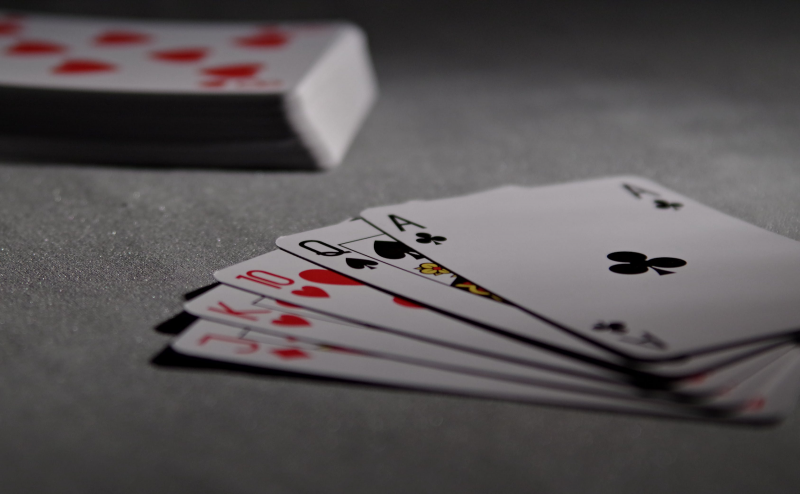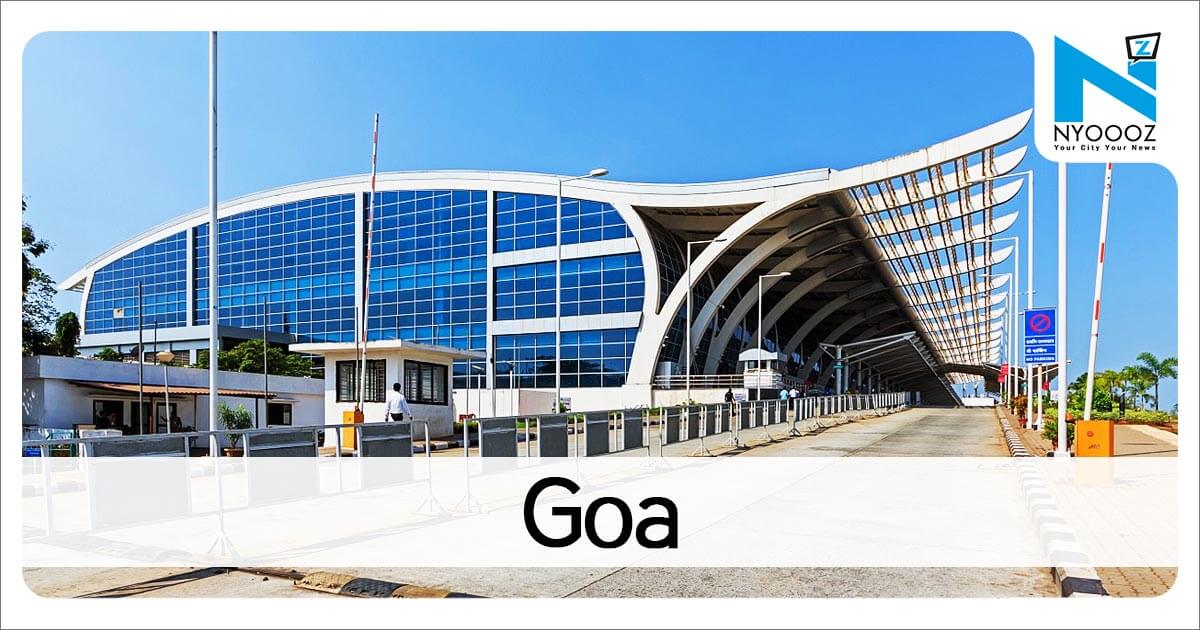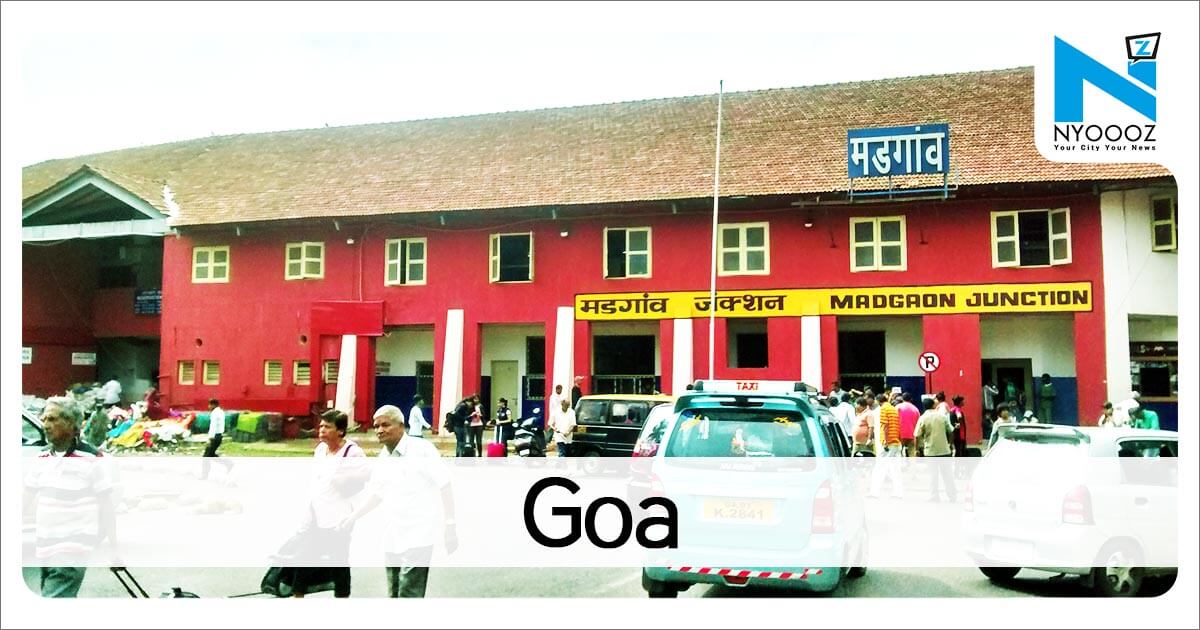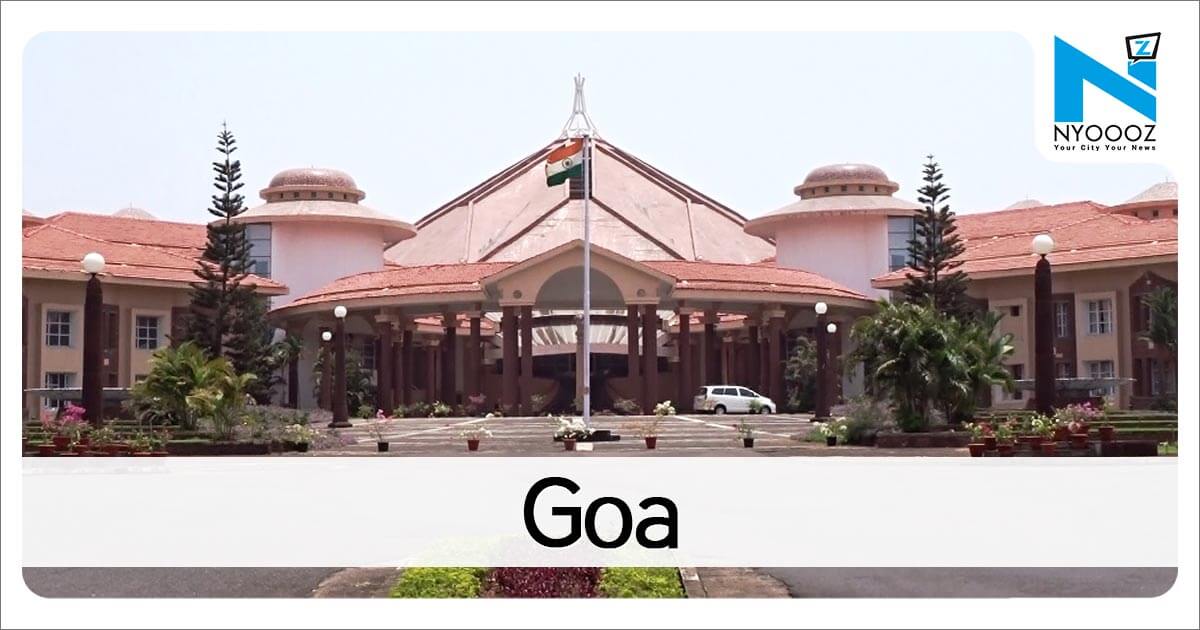Goa schools set to get ‘energised’ textbooks from next academic yr
- | Sunday | 17th June, 2018

Plans are also afoot to introduce digital boards in classrooms in the future, where QR codes will come in handy. The ministry is looking at replacing the blackboard in a bid to improve the quality of education by making learning more lively. Honnekeri said this could help students understand most concepts better, especially in science and mathematics.QR codes consist of an array of black and white squares, typically used for storing web links, or other information for reading, with the help of a smartphone camera. Students will be able to scan the code using their smartphones, which will take them directly to web links with videos that animate the lesson,” director of the State Council for Educational Research and Training (SCERT), Nagraj Honnekeri, said.For instance, the QR code about photosynthesis on the textbook’s page will take students to videos that animate the process of photosynthesis. The technology will allow students to access films and additional material to understand the chapters concerned.As per a policy by the Union human resource development (HRD) ministry to make better use of information and communication technology (ICT) in education, the QR codes will be introduced on all textbooks published by the National Council for Educational Research and Training (NCERT).

If You Like This Story, Support NYOOOZ
Your support to NYOOOZ will help us to continue create and publish news for and from smaller cities, which also need equal voice as much as citizens living in bigger cities have through mainstream media organizations.
Stay updated with all the Latest Goa headlines here. For more exclusive & live news updates from all around India, stay connected with NYOOOZ.










